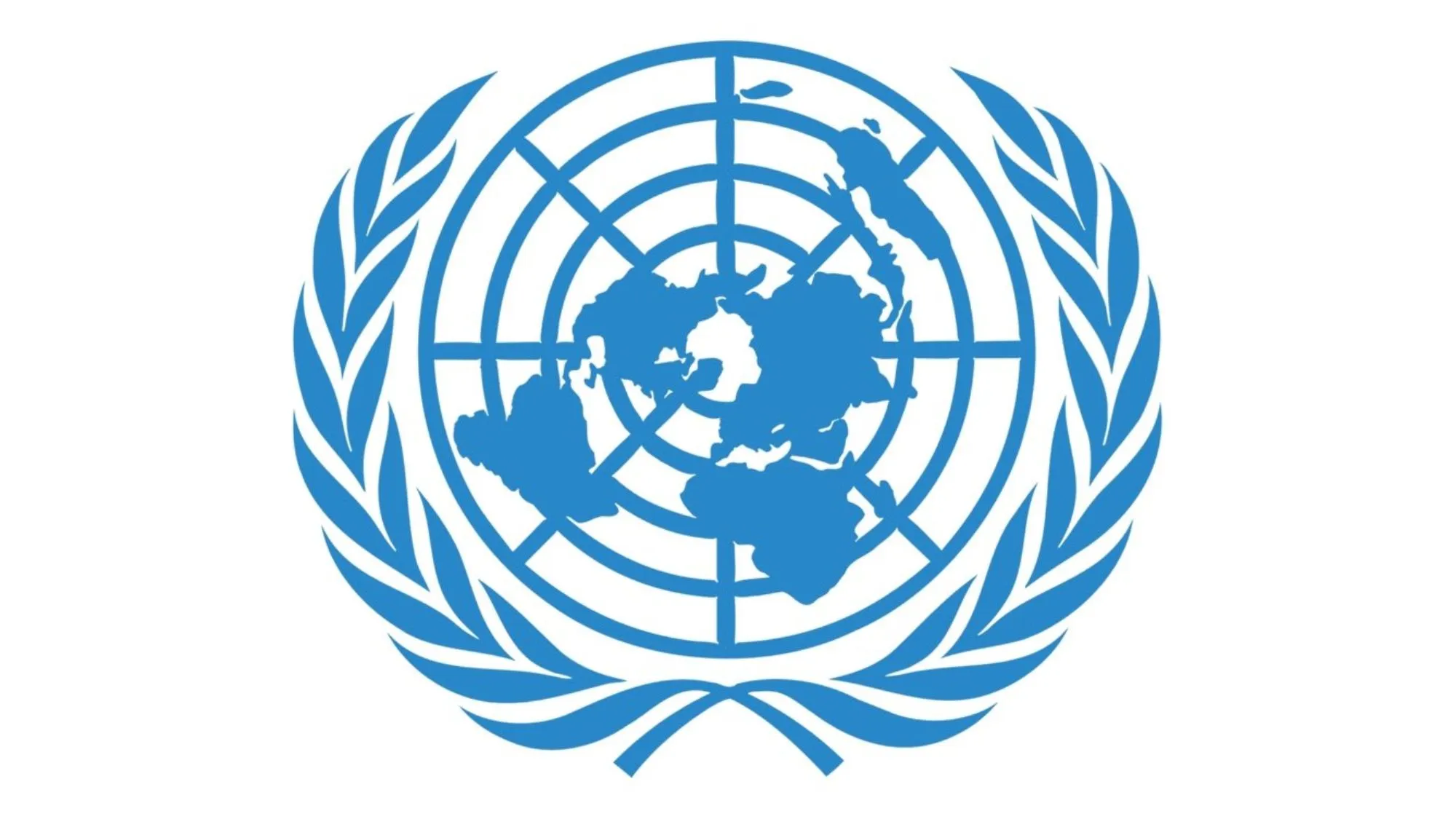UN Cybercrime Convention Inadequate, Highlights from Human Rights Watch

UN Cybercrime Convention's Shortcomings
The UN Cybercrime Convention has come under fire for not adequately addressing the pressing issues concerning digital freedoms. According to Human Rights Watch, this treaty fails to consider the complexities of protecting individual rights in a digitally interconnected world.
Concerns Raised by Tech Firms and Activists
- Tech firms are worried about surveillance and privacy impacts.
- Activists emphasize the need for greater protection of human rights.
- Effective policy changes are needed to align with current digital challenges.
Some argue that instead of fostering cooperation, the convention might pave the way for enhanced governmental surveillance, raising alarms among civil liberties advocates.
Future Implications of Cybercrime Legislation
This ongoing debate poses critical questions about how international treaties evolve to meet the fast-paced advancements of technology. Stakeholders must prioritize the **protection of digital freedoms** while also considering the risks associated with cybercrime.
This article was prepared using information from open sources in accordance with the principles of Ethical Policy. The editorial team is not responsible for absolute accuracy, as it relies on data from the sources referenced.